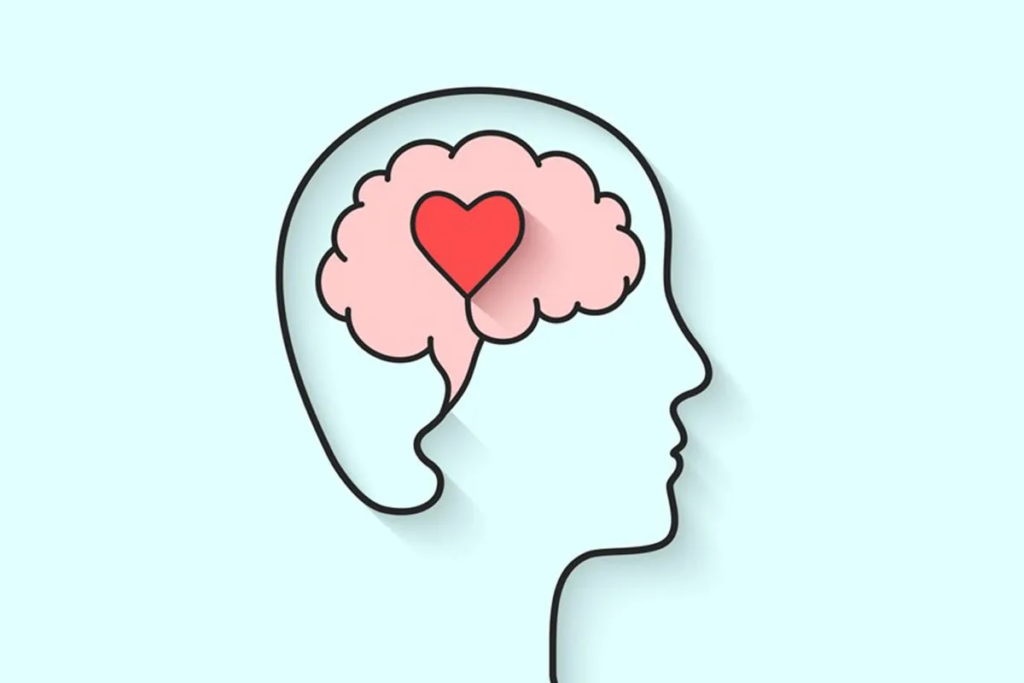
Introduction to Mental Health and its Importance
Mental health has become a crucial topic in our fast-paced world. As we navigate the complexities of daily life, understanding mental wellness is more important than ever. Mental health influences how we think, feel, and act. It shapes our ability to handle stress, relate to others, and make choices.
Despite its significance, mental illness remains stigmatized and often overlooked. However, groundbreaking research is paving the way for innovative treatments that can transform lives. The growing focus on mental health research highlights the need for new approaches to tackle challenges in psychiatry today.
As science advances at an unprecedented pace, we are witnessing remarkable breakthroughs that promise hope for millions around the globe. Let’s explore four pioneering studies that are redefining how we understand and treat mental illnesses while enhancing overall psychological well-being.
The Growing Need for Breakthrough Researches and Innovations in Mental Health
The landscape of mental health is shifting rapidly. With increasing awareness and education, more individuals are seeking help for issues ranging from anxiety to severe depression. This surge highlights a pressing demand for effective solutions.
Traditional therapies often fall short in addressing the complexities of mental illness. Many patients experience limited success with conventional treatments, which leaves them searching for alternatives. Breakthrough research can provide much-needed hope.
Moreover, societal pressures continue to escalate stress levels across all demographics. Innovations in this field could pave the way for personalized treatment approaches that cater to diverse needs.
Investing in mental health innovations not only benefits individuals but also creates healthier communities overall. The collaboration between neuroscience research and technology holds great potential to revolutionize how we approach mental wellness today and into the future.
Research #1: Psychedelic Therapy for Treating Depression and Anxiety

Psychedelic therapy is gaining traction as a promising approach to address depression and anxiety. Recent studies have highlighted its potential to shift entrenched thought patterns, offering new hope for those who have struggled with conventional treatments.
Substances like psilocybin, found in magic mushrooms, are being explored for their ability to enhance emotional insights during therapy sessions. This combination encourages deep introspection, allowing individuals to confront unresolved issues.
Moreover, initial research shows significant reductions in symptoms following just one or two therapeutic sessions. Participants often report lasting improvements weeks or even months later.
While the stigma surrounding psychedelics lingers, ongoing clinical trials continue to reveal their transformative effects on mental wellness. As regulations evolve and more data becomes available, this innovative treatment could redefine how we approach mental illness treatment within psychiatry advances.
Research #2: Gut-Brain Connection and its Impact on Mental Health

Recent studies highlight the fascinating link between our gut health and mental well-being. The gut-brain connection is a complex communication network that involves biochemical signaling between the gastrointestinal tract and the brain.
Researchers are discovering that gut microbiota—the trillions of microorganisms residing in our intestines—play a crucial role in regulating mood and behavior. An imbalance in these microbes can lead to anxiety, depression, or even cognitive decline.
Probiotics and dietary changes are emerging as potential interventions for mental illness treatment. Some psychological studies suggest that enhancing gut health could improve symptoms related to various psychiatric disorders.
This innovative perspective on mental wellness opens new avenues for therapy innovations. By nurturing our guts, we might not only boost physical health but also enhance emotional stability, making it an exciting area of exploration within neuroscience research.
Research #3: Artificial Intelligence in Diagnosing and Managing Mental Illnesses

Artificial intelligence is revolutionizing the way we approach mental health. With its ability to analyze vast amounts of data, AI can help identify patterns that may go unnoticed by human practitioners.
AI-driven tools are now being developed for diagnosing various mental illnesses. These technologies can assess symptoms through natural language processing, analyzing conversations or written responses to pinpoint issues like depression or anxiety.
Moreover, AI plays a significant role in personalizing treatment plans. By assessing individual patient data, algorithms recommend tailored therapies and interventions that enhance the likelihood of success.
Mental health apps utilizing machine learning provide real-time support and monitoring. They allow users to track their moods and behaviors while offering immediate coping strategies when needed.
This blend of technology and psychology opens new doors for psychiatry advances, making mental wellness more accessible and effective than ever before.
Research #4: Mindfulness-Based Interventions for Stress Management

Mindfulness-based interventions have gained traction as an effective method for stress management. These approaches focus on cultivating awareness and presence through meditation, breathing exercises, and mindful movement.
Research indicates that practicing mindfulness can significantly reduce symptoms of stress and anxiety. By promoting relaxation and enhancing self-awareness, individuals learn to respond to challenges with greater resilience.
Studies show that regular engagement in mindfulness practices leads to lower cortisol levels—the hormone associated with stress. Participants often report improved emotional regulation and clarity of thought after consistent practice.
Moreover, these interventions are accessible. They can be integrated into daily routines without the need for extensive resources or training. Whether through guided apps or local classes, the tools are available for anyone seeking a calmer state of mind.
As mental health technology evolves, incorporating mindfulness techniques into therapy innovations offers new pathways for improvement in mental wellness.
Conclusion
Mental health is an ever-evolving field, and recent breakthroughs highlight the progress being made. Research into psychedelic therapy offers new hope for those battling depression and anxiety. The gut-brain connection is reshaping our understanding of mental wellness, emphasizing the importance of diet in mental health treatment.
Artificial intelligence stands at the forefront of psychiatry advances, providing tools to enhance diagnosis and management of mental illnesses. Furthermore, mindfulness-based interventions have emerged as effective strategies for stress management.
Together, these innovations represent a significant leap forward in how we approach psychological studies and therapy innovations. They underscore the ongoing commitment to improving mental illness treatment through cutting-edge neuroscience research.
As we continue to explore these avenues, it’s clear that advancements in mental health research are vital not only for individual well-being but also for society as a whole. Embracing these developments can pave the way toward a brighter future where mental wellness becomes accessible for everyone.
Read FAQs
For more such content, keep visiting QAWire


